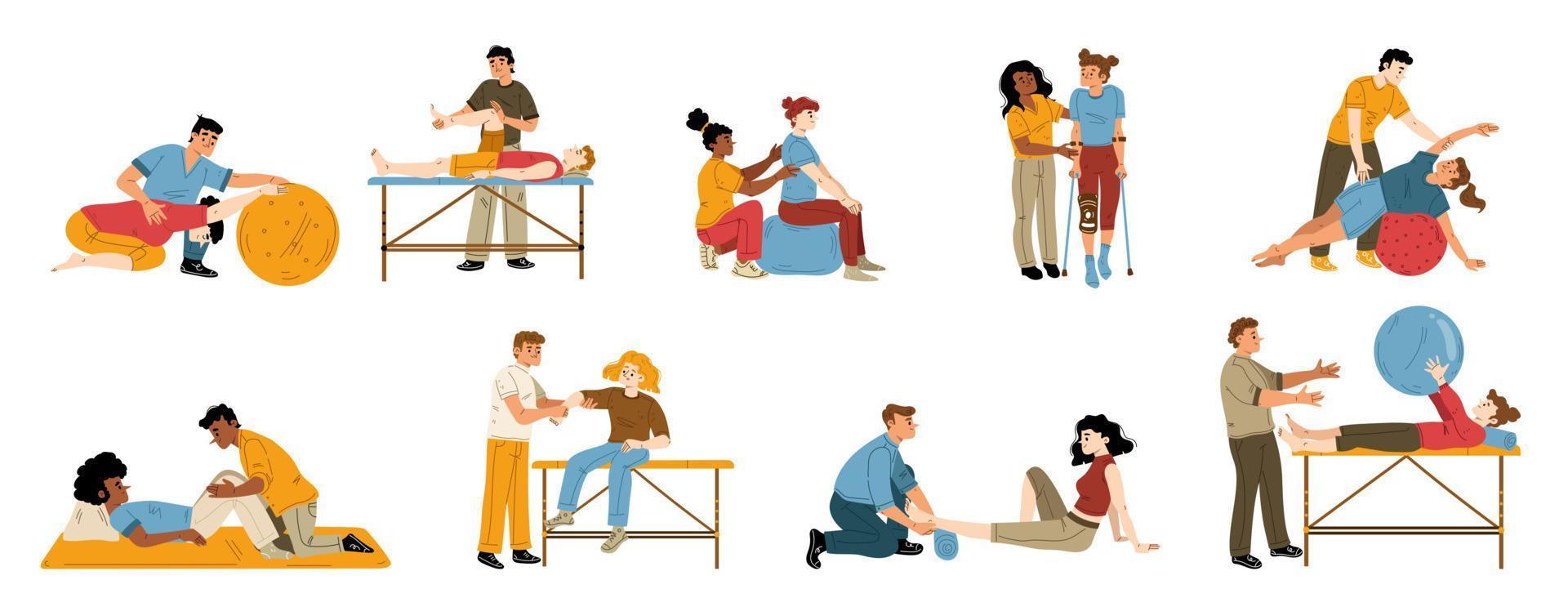Supporting Recuperation Using Tailored Fitness Programs in Therapy Programs
Wiki Article
Rehabilitation is an essential process for patients who have experienced surgeries, or other health conditions. Rehabilitation initiatives play a crucial role in supporting these patients to regain their strength, enhance mobility, and reintegrate to their routine tasks. Tailored fitness prescription is a key element of effective recovery. This signifies that exercises are carefully designed to address the individualized requirements of each individual. By concentrating on personalized therapy plans, rehabilitation programs can accelerate recovery and support improved health results.
One of the initial steps in creating a customized exercise plan is assessing the patient’s condition. Medical professionals perform assessments to understand the particular limitations and capabilities of each person. This might involve functional assessments, discussions about health history, and objectives for recovery. For instance, an athlete rehabilitating from a knee condition may have different requirements than an elderly person healing from hip operation. By acknowledging these differences, practitioners can develop an exercise regimen that addresses the unique factors of each case.

Integrating various forms of workouts is essential for successful recovery. Strength work , mobility exercises, and cardiovascular exercises all serve important functions in recovery. Strength exercise helps restore muscle and improve stamina, which is particularly important after extended durations of inactivity. Flexibility movements increase range of motion and prevent rigidity in joints. Cardiovascular workouts, like brisk walking or cycling, improve general conditioning and support heart health. A comprehensive exercise plan that incorporates all these elements can significantly aid in the rehabilitation journey.
Monitoring progress is another essential element of rehabilitation programs with customized exercise prescriptions. As individuals participate in their personalized routines, healthcare professionals observe gains and make required modifications to the program. This ongoing evaluation guarantees that the workouts remain effective and appropriate as the individual advances. Establishing specific milestones can also motivate individuals during their rehabilitation process. read the article Achieving small objectives builds self-assurance and encourages persistence in adhering with the recovery regimen.
Ultimately, enhancing recovery through personalized fitness planning requires collaboration between healthcare practitioners and patients participating in rehabilitation. Open communication is essential to understanding how each individual feels throughout their recovery process. More Info By collaborating jointly, both sides can address any challenges and celebrate successes along the way. Tailored rehabilitation plans not only assist patients recover physically but also contribute to their emotional wellness by fostering a sense of achievement and self-reliance as they progress towards their wellness goals.